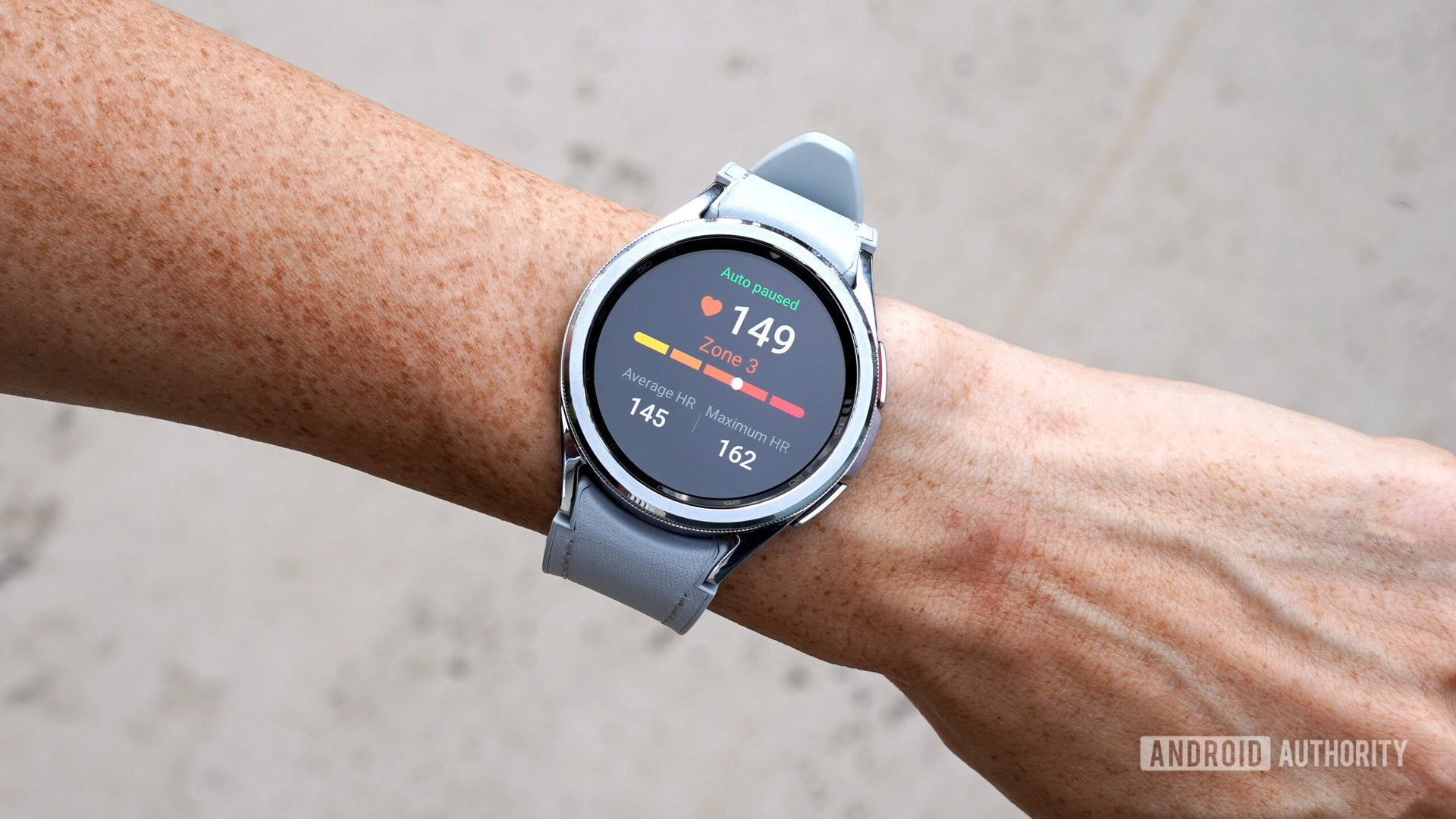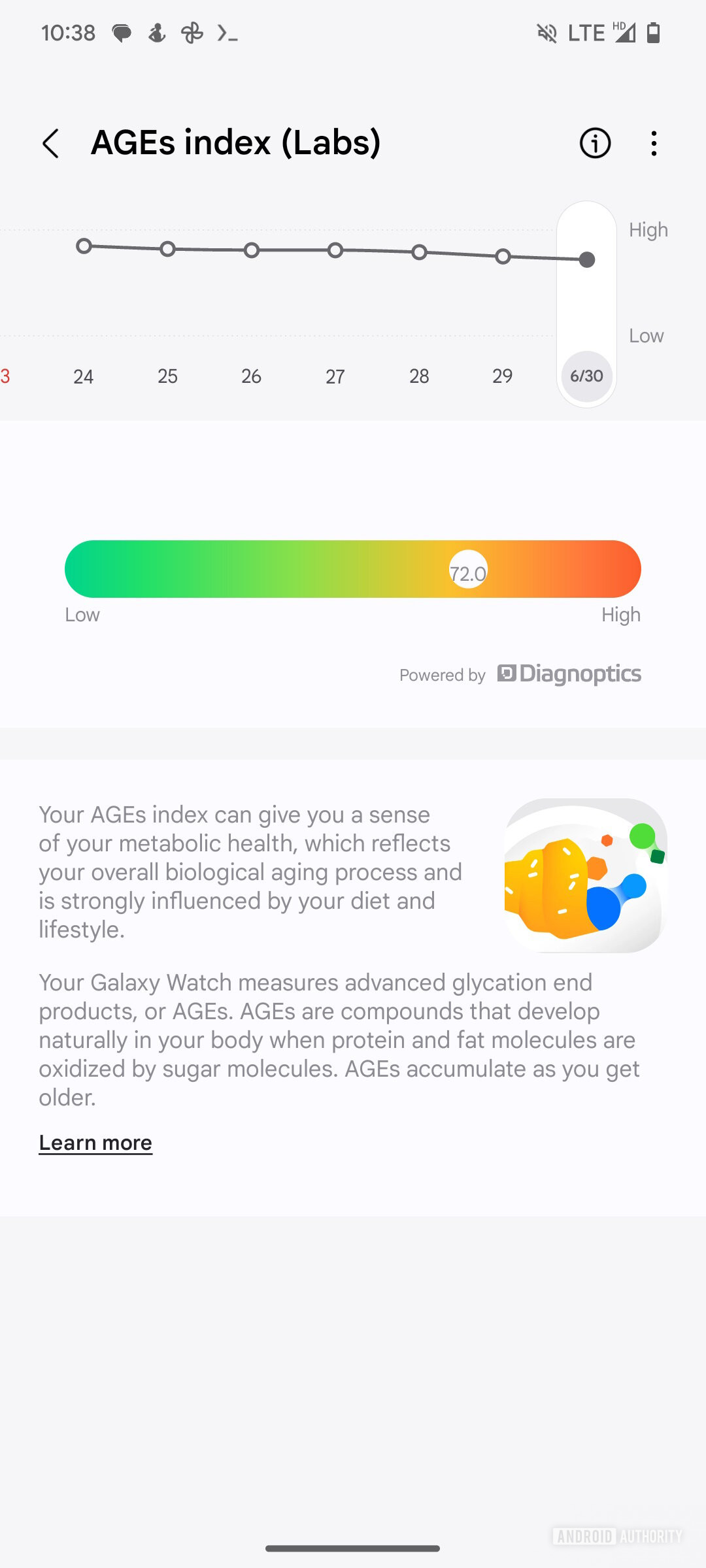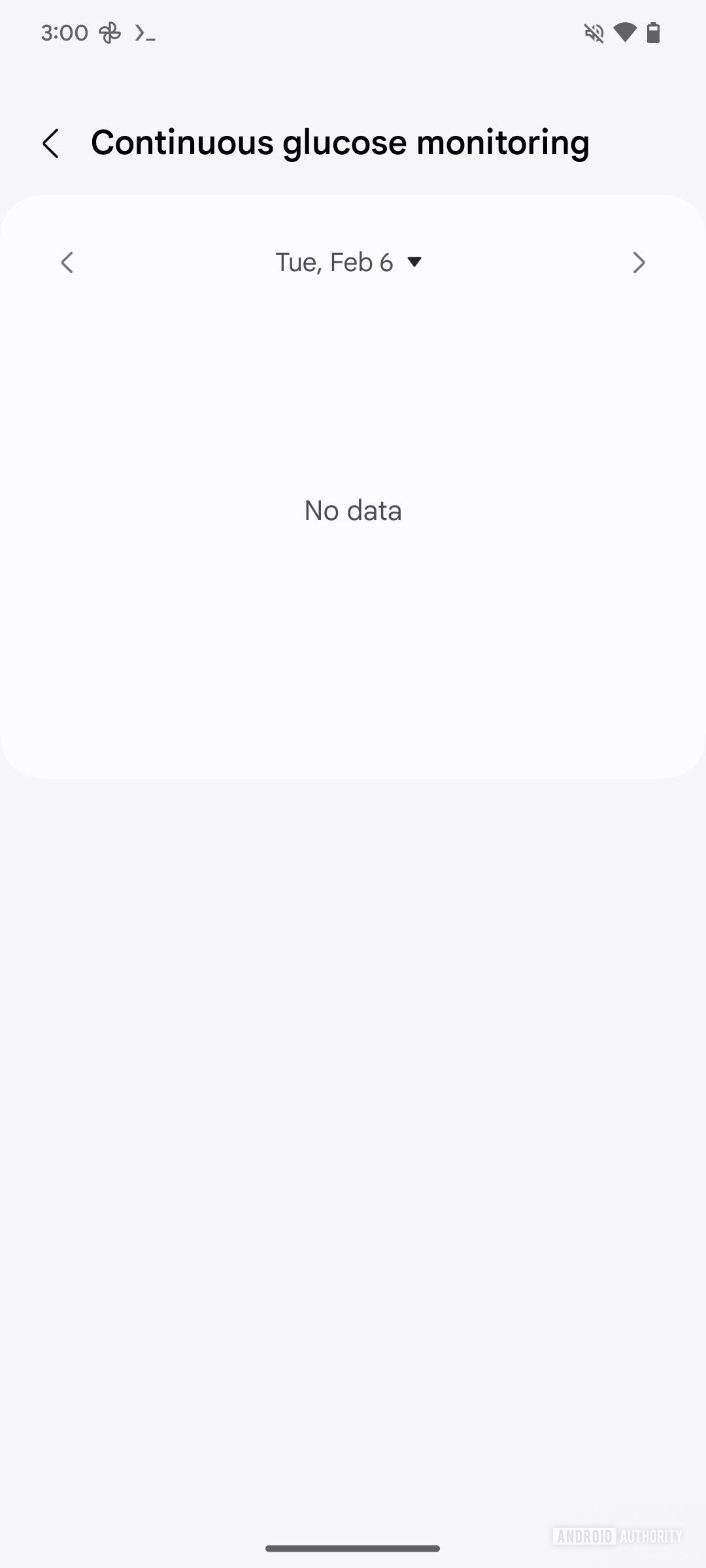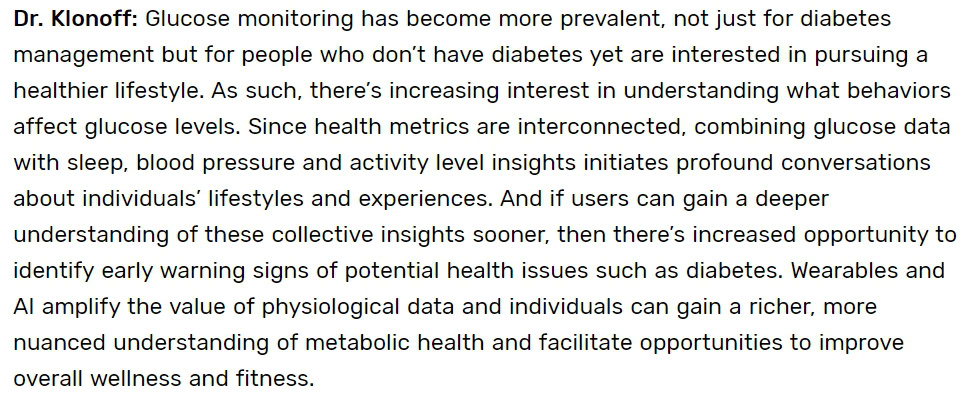Affiliate links on Android Authority may earn us a commission. Learn more.
Samsung Galaxy Watches could soon measure AGEs for your metabolic health (APK teardown)
Published onJuly 1, 2024

- Samsung has been spotted working on an AGEs index feature that could help gauge users’ biological aging process.
- AGEs are said to predict the risk of diabetes, heart attack, and stroke, and the AGEs index could make Samsung Galaxy Watches an early warning device.
- We’ve also spotted a UI screen for Continuous Glucose Monitoring, but we are unable to draw any conclusions from it.
We’re marching towards the launch of the Galaxy Watch 7 series, which is expected to arrive at Samsung Unpacked on July 10, 2024. While the new watches are exciting, Samsung has done a fairly good job at bringing newer features to its older smartwatches, presuming the hardware is capable of doing so. We’ve seen rumors of the Galaxy Watch 7 series coming with some type of blood glucose monitoring feature, and while that might still turn out to be true (or not, we don’t know), we’ve spotted clues on how Samsung could deliver some sort of tracking for cardiovascular and diabetes risk, thanks to its implementation of an AGEs index.
In a recent version of the Samsung Health app, we’ve managed to activate the UI for a new feature called the AGEs index. As shown in the screenshot below, the AGEs index feature is marked as (Labs), indicating its experimental nature.

As the text mentions, Samsung Health will soon offer a way to track your AGEs over time by creating an index of readings. This AGEs index will give you a sense of your personal metabolic health (instead of a measurement number that would be difficult to contextualize), helping you learn more about your overall biological aging process.
What are AGEs, though? AGEs refer to “Advanced Glycation Endproducts.” Diagnoptics, Samsung’s supposed partner for the AGEs index (as seen in the screenshot), mentions that AGEs play a “pivotal role in the development of chronic age-related diseases such as diabetes, renal failure, and cardiovascular disease.” AGEs are said to predict the risk of diabetes, heart attack, and stroke. AGEs accumulate as you get older, and substantial physical exercise is associated with lower levels of AGEs. Diagnoptics also mentions that many AGEs have a characteristic fluorescence, making it possible to measure this non-invasively.
We can speculatively extrapolate some observations. Extending what we learn from this screenshot, we can say that there is a chance that the upcoming Galaxy Watch 7 series could include a way to measure these AGEs optically and non-invasively. The readings could probably then form the basis of the AGEs index, letting users monitor their risk of certain diseases like diabetes without actively providing them with a measurement value.
This would seemingly align with those rumors of “blood glucose monitoring” in a roundabout way, as the Watch 7 could provide indications of a risk of diabetes rather than actively monitoring your blood glucose levels. More trustworthy rumors, such as from Bloomberg, present a timeline of about five years for noninvasive glucose monitoring to arrive in the market in “some form.”
It’s not immediately clear if older Galaxy Watches can also measure AGEs, though Samsung does not explicitly call out the Galaxy Watch 7 series within the feature UI in Samsung Health.
Does this mean the Galaxy Watch 7 will not support continuous glucose monitoring? We don’t know. We did spot another UI screen within Samsung Health for Continuous Glucose Monitoring, but there is no real information to draw any conclusion.

As you can see, there isn’t a whole lot of information here to work with, so we’re left speculating. Samsung Health could be working on integrating data from other blood glucose monitoring devices, which would tie in well with the AGEs index.
Samsung has discussed glucose monitoring alongside metabolic health before, so there may be some dots to connect here.
We don’t know Samsung’s larger plans for this space, and we hope to learn more as Samsung Unpacked approaches.

